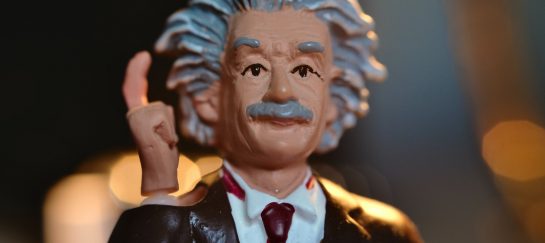
Leadership: What Are the Characteristics of a Great Leader?
What is Leadership
One definition of leadership is the ability to steer a group of people toward a common objective by shaping their actions and attitudes. A leader can inspire their employees to work with optimism and enthusiasm. The qualities of true leaders mentioned in leadership essay examples for Harvard are not limited to confidence and influence. It is also the ability to communicate, delegate, and give thanks. Leadership is the ability to motivate and direct the actions of others. It’s also the ability to persuade others to work together toward the same objective. Future visions need to be developed, and the organization’s people need to be inspired to work toward those objectives, which is where leaders come in. So, what makes a great leader? Let’s see some top leadership traits that can help you become a great leader.Characteristics Of A True Leader
Below are some of the leadership qualities a great leader must possess;Delegation
One of a leader’s primary roles is delegating, although doing so successfully is not always easy. The point isn’t simply to give yourself more freedom; it’s also to help others under you advance professionally, improve teamwork and decision-making, and encourage individual initiative. Whether it is at work or among students, whether it is during a debate or research paper writing, great leaders inspire confidence in their employees and coworkers by delegating responsibility effectively.Communication
Communication skills and leadership abilities go hand in hand. Successful leaders are excellent communicators who can share knowledge, motivate their teams, and coach those under them. You also need to have excellent listening and communication skills to interact with individuals from all walks of life. The success of your business strategy also depends on the quality and efficacy of communication among leaders within your firm.Honesty
Having integrity is a must if you want to be a leader. Leaders are held to a higher standard of honesty to promote trust and respect among their followers. Furthermore, we admire those who are true to their word and take responsibility for their actions. As a result, sincerity is the most prized quality in a leader, whether in business or otherwise.Active Listener
When it comes to leadership, the ability to listen actively is invaluable. Leaders worth following closely pay attention and are authentic when they listen to others. As a result, they can better relate to others and see things from their point of view. In the long run, relationships and trust benefit from attentive listening. Good leaders pay attention to both the speaker and the message being conveyed; they refrain from interrupting and show appreciation for the other person’s viewpoint. And that’s exactly what the world needs right now: leaders that pay attention to their constituents. To master this ability, one must have the self-awareness and humility to consider the perspectives of others.Courage
Whether you’re trying to share an idea, give your subordinates some guidance, or raise a complaint with your superiors, speaking up at work can be challenging. That’s why bravery is an essential quality in a leader. Leaders who lack courage tend to postpone difficult decisions and let situations fester rather than take bold action to resolve them.Examples of leaders students should look up to
Cyrus the Great (Persia, 600-560 B.C.E.)
It was Cyrus who established the first Persian Empire, and it was the largest in history up to that point. He reigned over territory from the Balkans to India while showing a high tolerance for local religions and customs.Julius Caesar (Rome, 100-44 B.C.E)
As Rome expanded into an empire, Julius Caesar was instrumental in subjugating all of Gaul (modern-day France) to the Romans. He took power as dictator of Rome and instituted land reform and citizenship for people in remote parts of the empire. The ruling class didn’t have much faith in Julius Caesar, so they planned to kill him on the ominous day of the Ides of March.Nelson Mandela (South Africa, 1918-2013)
Former South African president and civil rights icon Nelson Mandela. The Apartheid administration imprisoned him for 27 years because of fear of his impact. A source of inspiration even behind bars, Mandela’s release was demanded by citizens and governments alike. When he was finally given his freedom in 1990, he ran for president and won the first truly democratic elections in 1994. In 1993, he was awarded the Nobel Peace Prize.Conclusion
When considering the notion of leadership, many people confuse it with management. That’s not how it works; a leader can come from anywhere in an organization and doesn’t have to have any particular title or rank to do their job. In a similar vein, many managers fall short of the mark when it comes to genuine leadership traits.Daily Newsletter
Subscribe to Jebiga for a dose of the best in gear, design, rides, tech and adventure.






